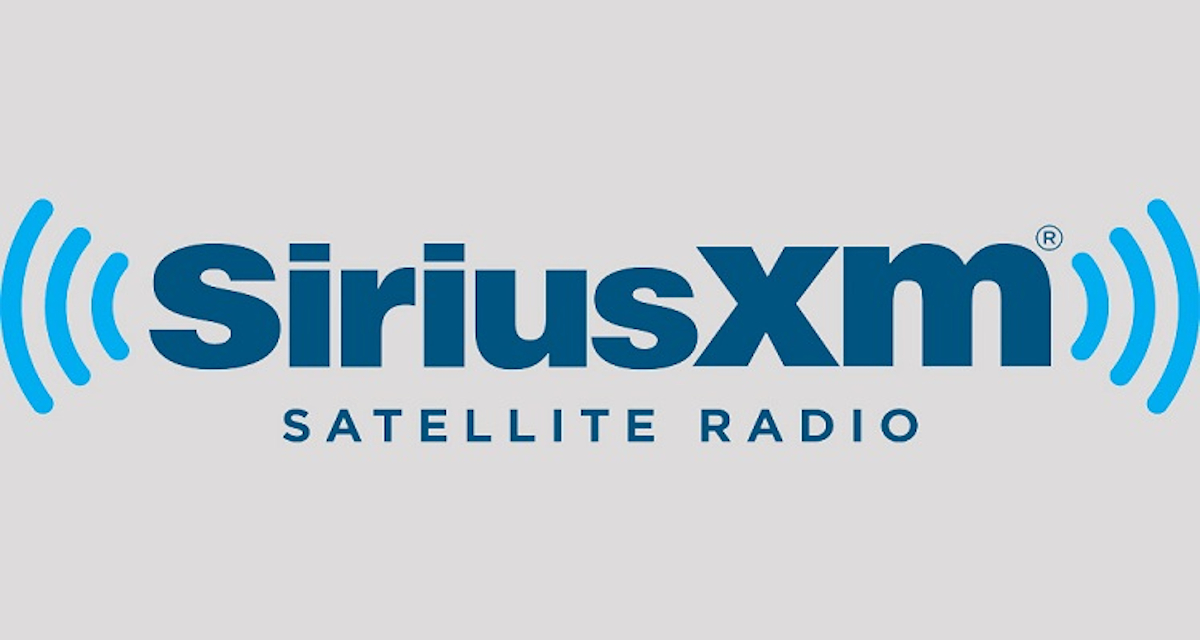
French right under fire for claims poor parents blowing school equipment cash | France
Rightwing opposition MPs in France have been accused of stigmatising poorer people by suggesting low-income families are fraudulently using an allowance for school supplies.
The government spokesperson Olivier Véran said claims some families spent the money on televisions and alcohol were “discrimination” and “an old chestnut”. He rejected suggestions parents should be given basic supplies or vouchers for specific shops to reduce the possibility of fraud.
“The return-to-school allowance is useful and fair. It is a precious help for 3 million families to finance the supplies for the children and cover the expense of the start of the school year. Stop stigmatising them,” Veran tweeted.
Fourteen MPs from the opposition Les Républicains party submitted a draft law aimed at “controlling the use of the school supplies allowance and combatting fraud” earlier this month.
The signatories pointed to the “absence of checks on what the money is spent on”, saying this allowed recipients “to use this benefit for purposes other than their children’s educational needs”.
Instead, they want families to be given a set of basic school supplies for each child, along with “vouchers allowing parents to buy the clothes or equipment needed for their schooling”. Most French schools do not insist on uniforms.
Laurence Rossignol, the former minister for families, now vice-president for the Parti Socialiste (PS) in the Sénat upper house, said allegations of fraud by parents were an “annual old chestnut”.
“Every year parents are accused of buying flat-screen televisions, new wheels for their car, smartphones … it’s the same old story of the poor drinking their benefit money,” Rossignol said.
Another critic of the proposals, Sandrine Rousseau, an MP for the Europe, Ecology, Les Verts (EELV) party, added: “Behind this proposal lies doubts of the ability of the poorest parents to take care of their children. And this is serious.”
The annual list of fournitures scolaires (school supplies) is an end-of-summer headache for parents of school-age children. Pupils are expected to arrive for the first day of term in September with the exact number, size and colour of exercise books, pens, pencils and folders specified by different teachers. This time of year, supermarkets and stationers are packed with frustrated parents looking for packs of single/double A4 paper with small/large squares that are perforated/unperforated.
For low-income families the cost is eased by the allowance, paid in August, to parents with at least one school-age child. This year’s allowance has been increased by 4{5b4d37f3b561c14bd186647c61229400cd4722d6fb37730c64ddff077a6b66c6} to take into account inflation and totals €392.04 (£332) for each child under 10, €413.69 for each child aged 11-14, and €428.02 for each child of 15-18. It is paid to households whose income is lower than €25,730 with one child, €31,225 with two children, €37,080 with three and €42,935 with four or more.
As well as the school allowance, the French government has approved an “exceptional” extra payment of €100 (£85) plus €50 (£42) for each child to families on the minimum income in September to help with the rise in the cost of living.





